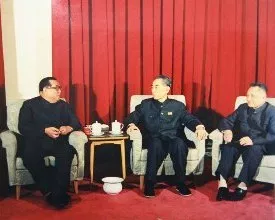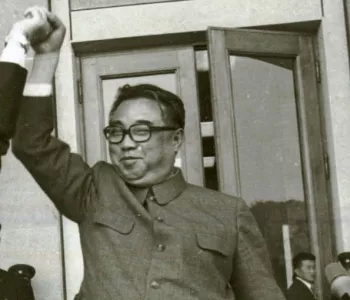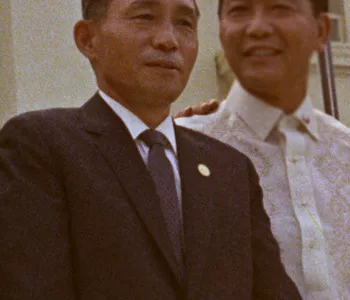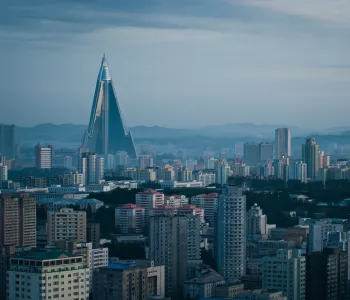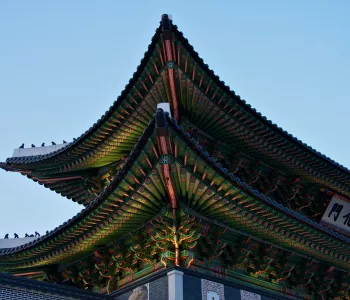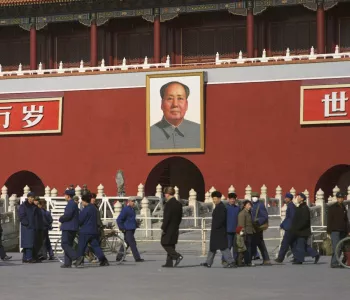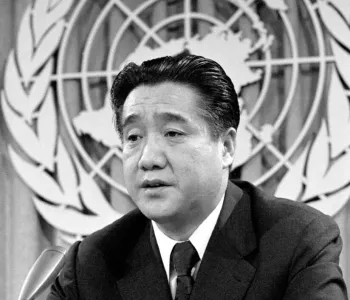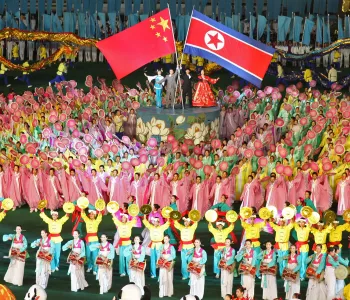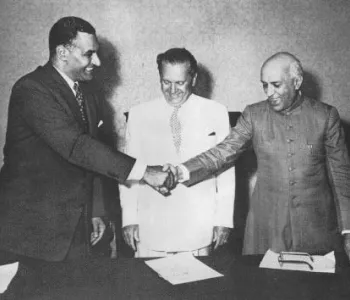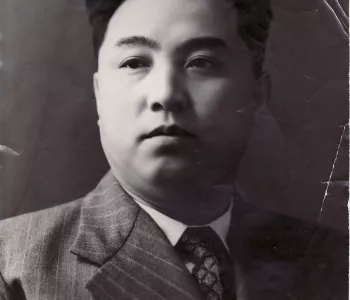This is a collection of documents about the end of the inter-Korean dialogue and the demise of detente on the Korean Peninsula after the signing of the historic July 4th, 1972, Joint Communique. For collections focused on other chapters in the inter-Korean relationship, see Inter-Korean Relations after the War, 1954-1961; Inter-Korean Competition, 1961-1970; Inter-Korean Dialogue, 1971-1972; and Inter-Korean Dialogue, 1977-1980.
